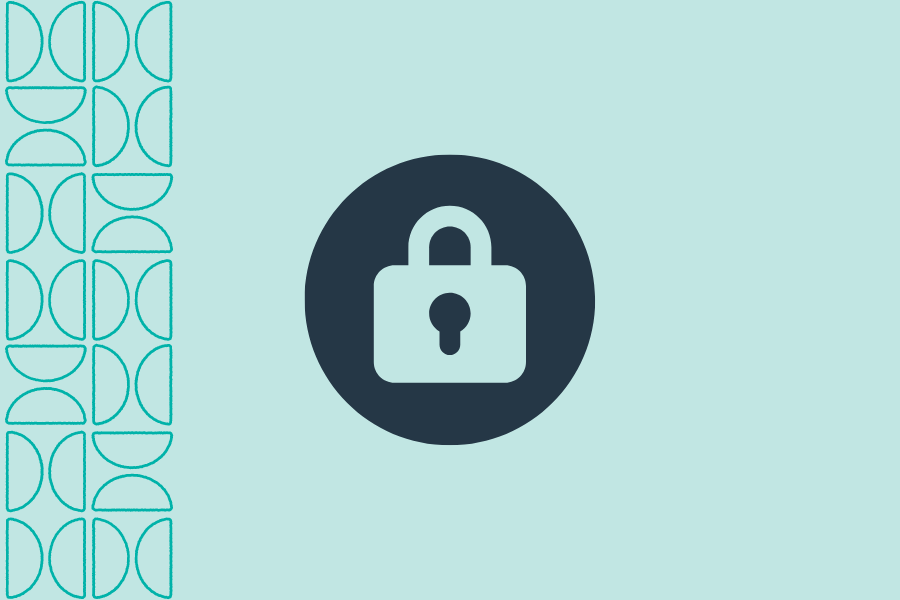Resources
Resources
Are You Really Talking to Your Bank? How to Spot Bank Impersonation Scams

Bank impersonation scams are on the rise, with scammers posing as bank employees to trick you into sending money, sharing personal account details, or providing other sensitive information. In 2023 alone, Americans lost over $2 billion to these scams, according to the Federal Trade Commission.
Common Tactics Scammers Use
These scams often occur through phone calls, text messages, or emails, with text messages being the most frequent method. Typically, a scammer will pose as a bank representative, claiming there has been unauthorized activity on your account.
Red Flags That Indicate a Bank Impersonation Scam:
- Request for Personal Information: They ask for sensitive details like passwords or account numbers.
- Threats to Close Your Account: They may threaten to close or freeze your account.
- Requests to Transfer Money: They might instruct you to transfer funds to a "safe" account.
- Intimidation Tactics: They threaten fines, fees, or even jail time if you don't comply.
- Suspicious Attachments: They send attachments, pressuring you to download them.
- Fake Call-Back Numbers: They ask you to call back using a phone number they provide, not the official one.
- Urgent Action Required: They insist that you must act immediately.
What to Do If You Suspect a Scam:
- Disengage Immediately: Stop communication and call Central Pacific Bank using the phone number listed on our official website, cpb.bank.
- Report the Scam: Notify us right away if you suspect fraudulent activity.
- File a Fraud Report: Report the incident to the Federal Trade Commission at ReportFraud.ftc.gov.
- Document and Delete: Take a screenshot of the suspicious message or email, then delete it from your device.
- Scan for Malware: If the scam was delivered via text or email, scan your device for malware.
What to Do If You’ve Been Scammed:
- Secure Your Accounts: Change all your passwords to secure your other online accounts.
- Freeze Your Credit: Contact the credit bureaus – Experian Freeze Center (1-888-397-3742), Equifax Credit Report Services (1-800-685-1111), and TransUnion Credit Freeze (1-888-909-8872) – to freeze your credit.
- Monitor Your Financial Records: Review your financial statements for any signs of fraud.
Remember: Central Pacific Bank will NEVER ask you for confidential account information over the phone, via email, or through text messages.
For more tips on fraud prevention and staying safe, visit cpb.bank/fraud.



 Share
Share


